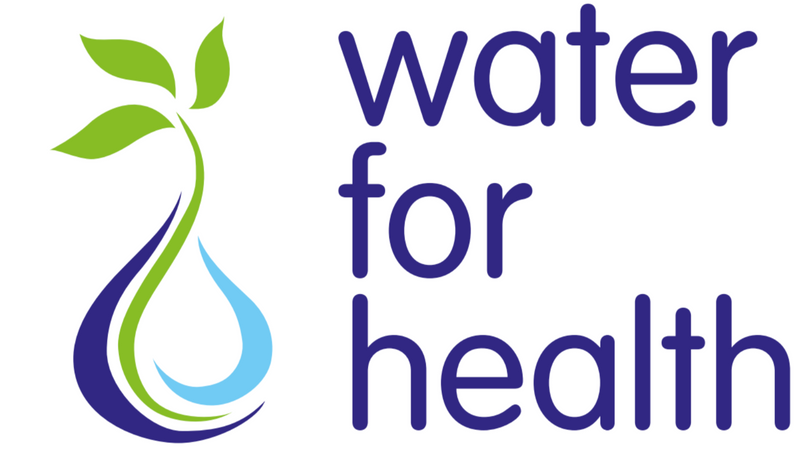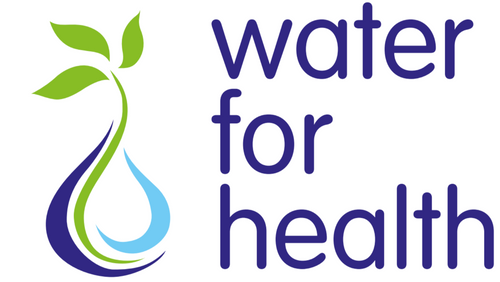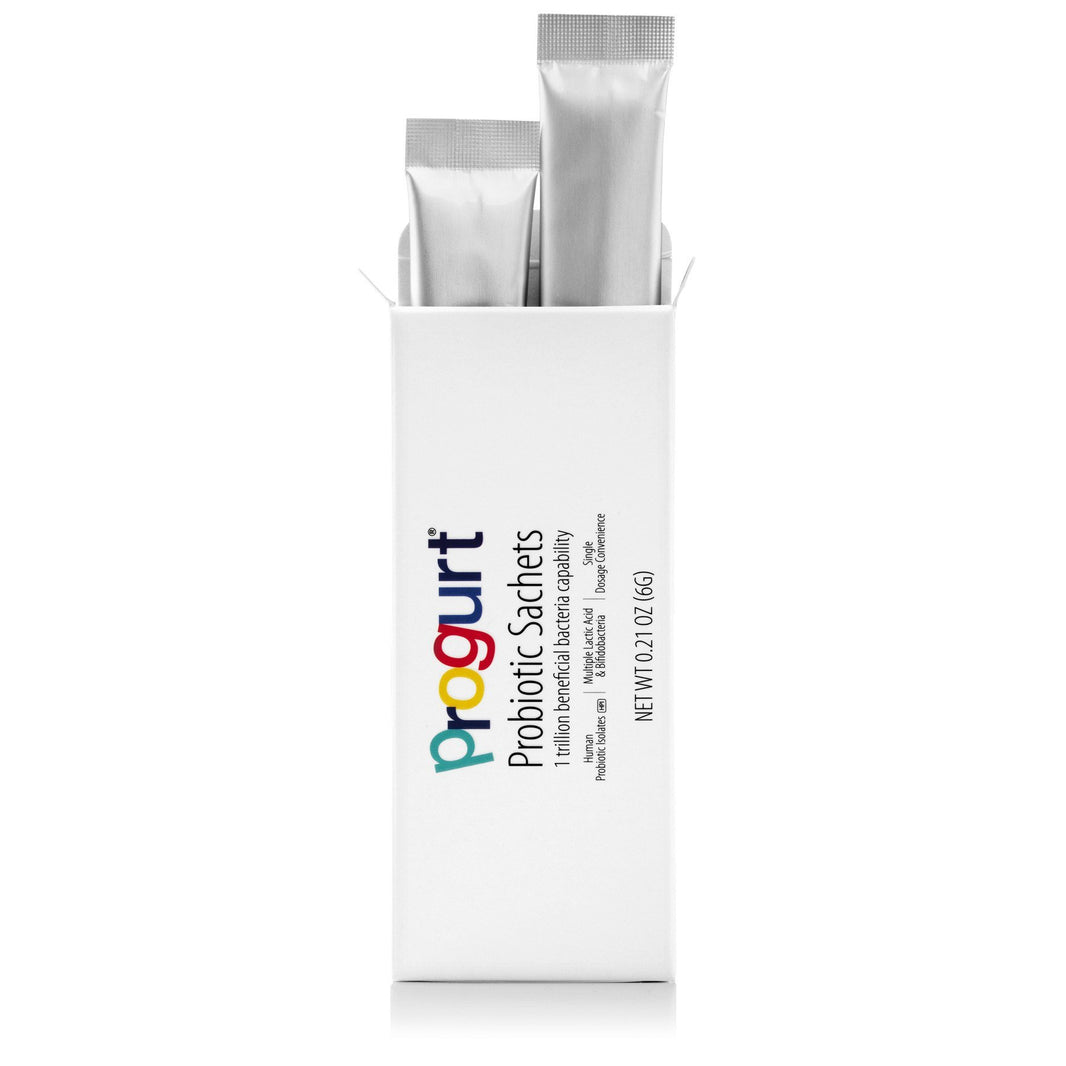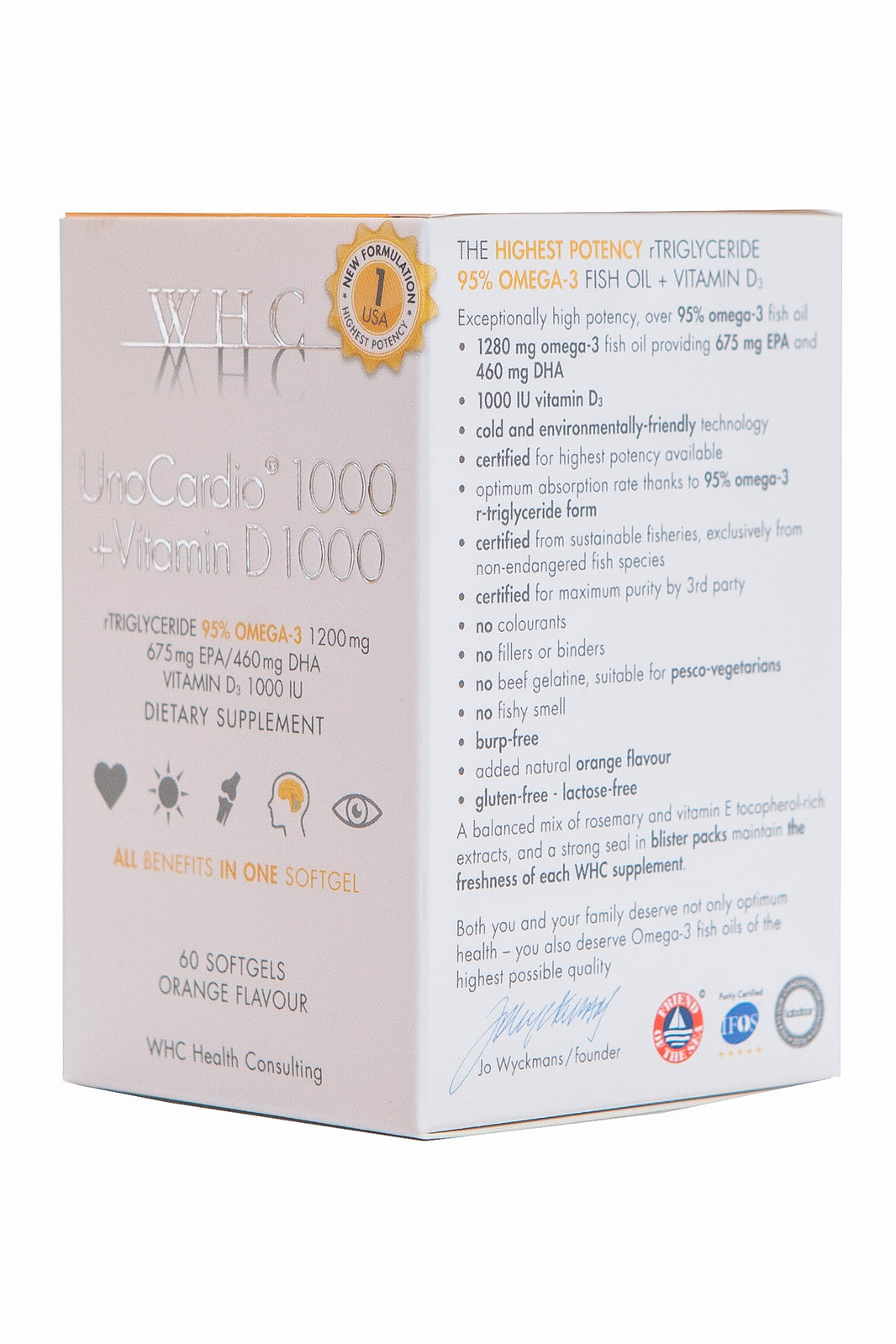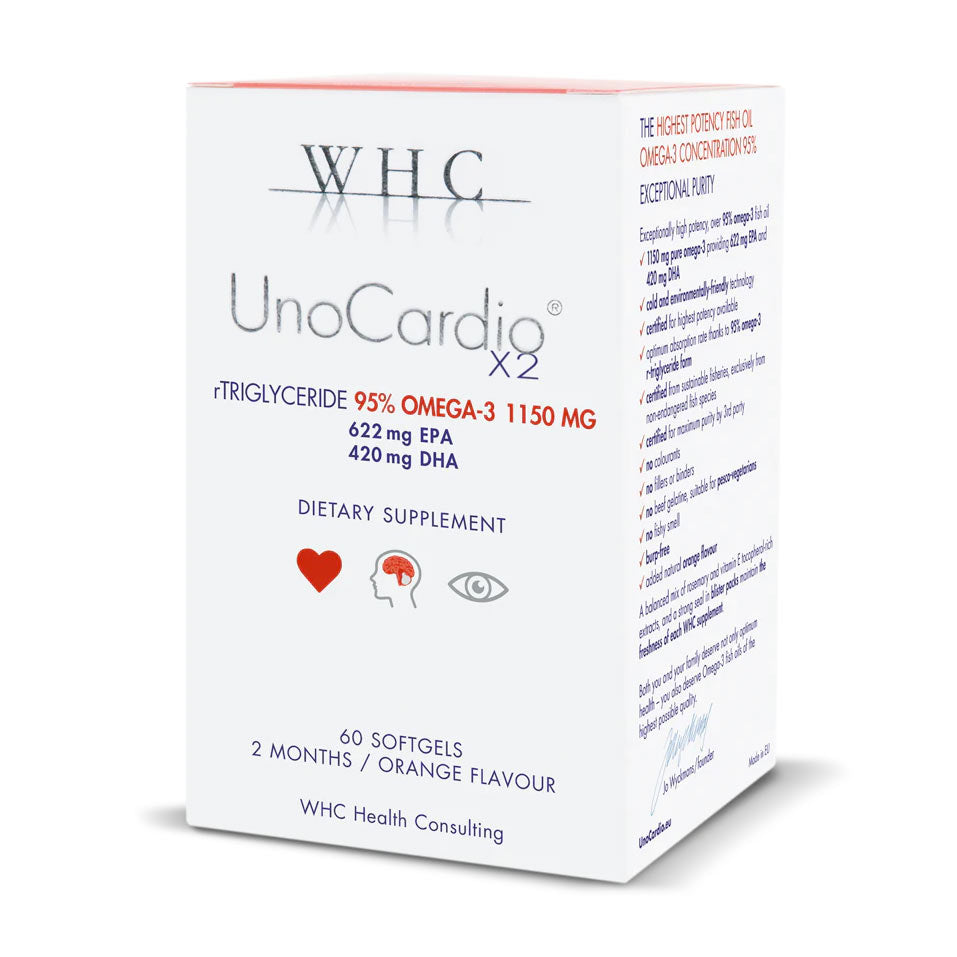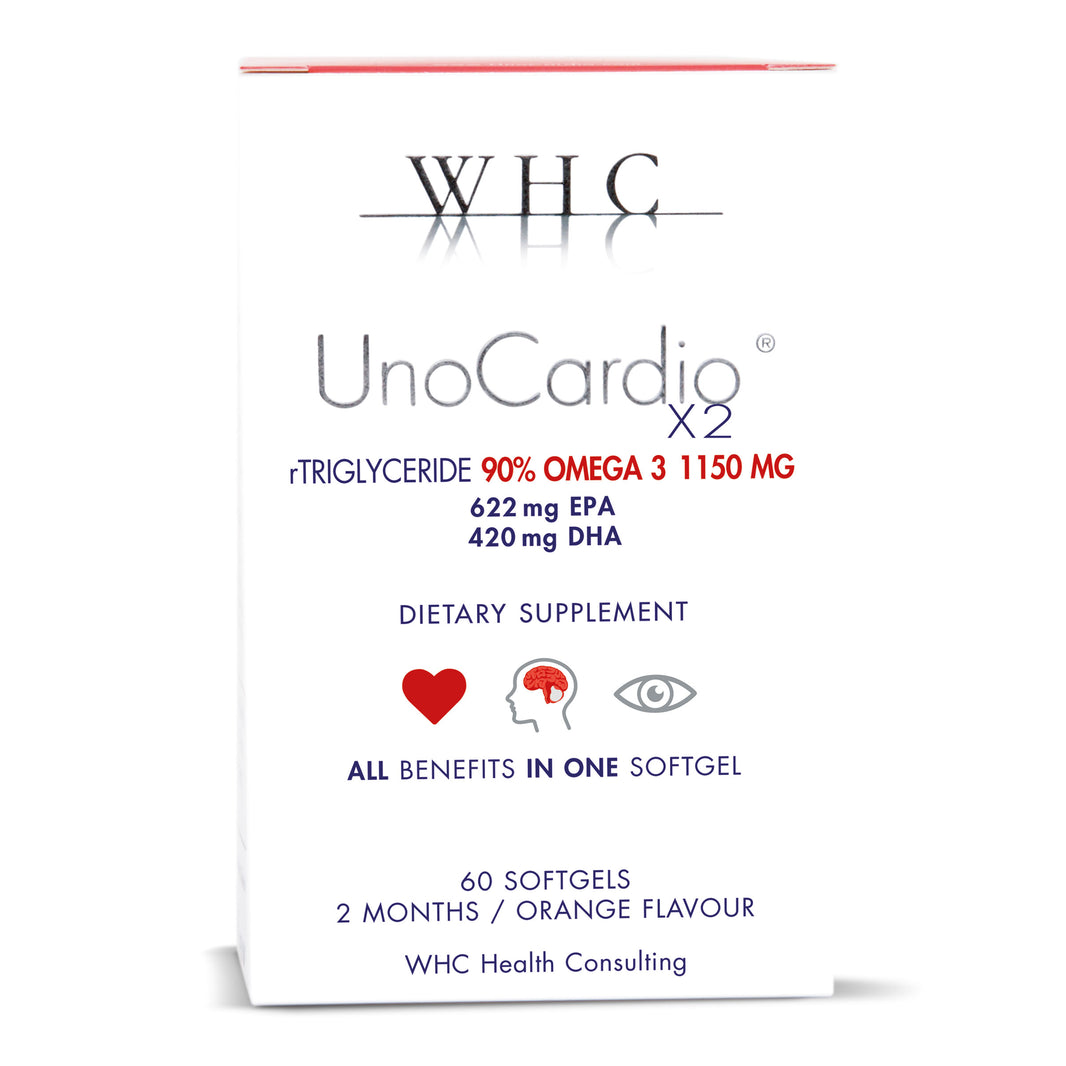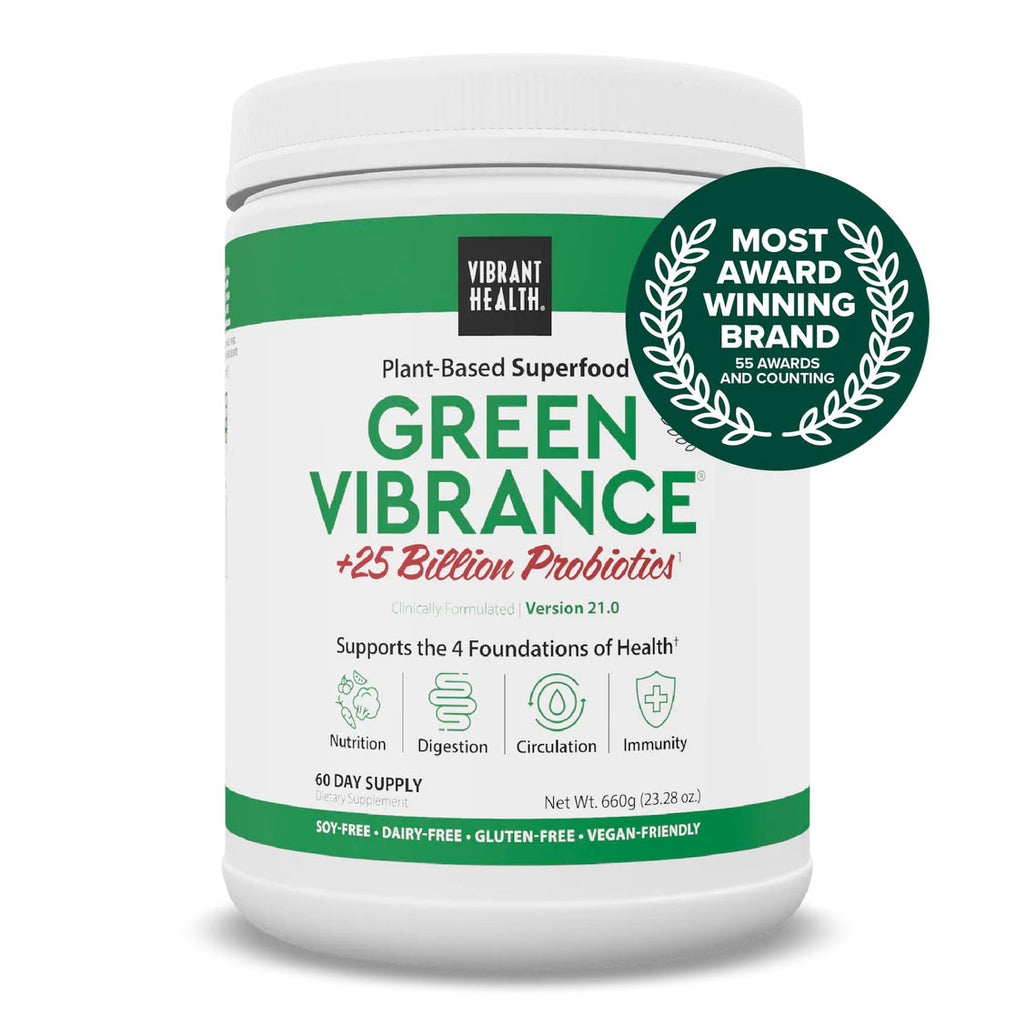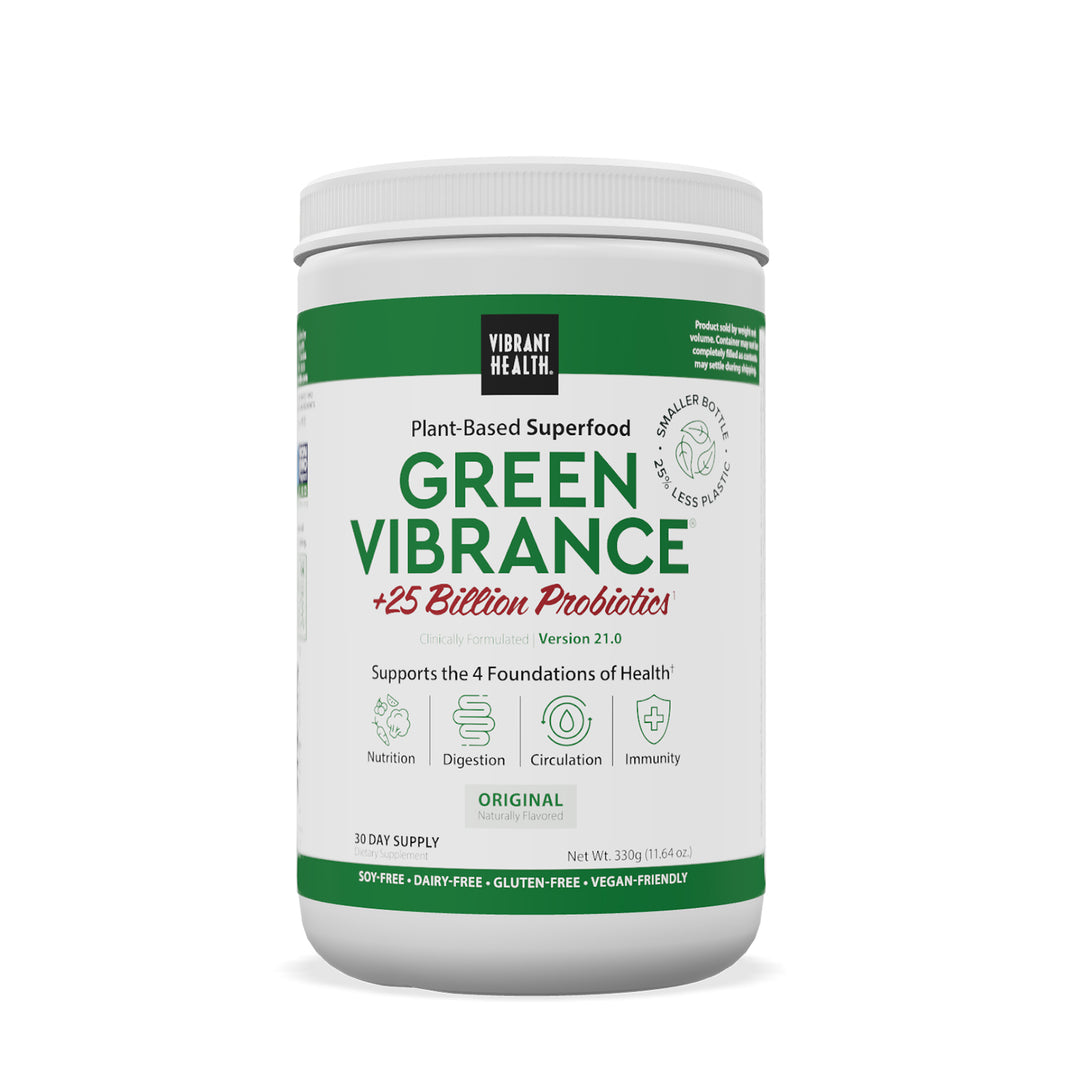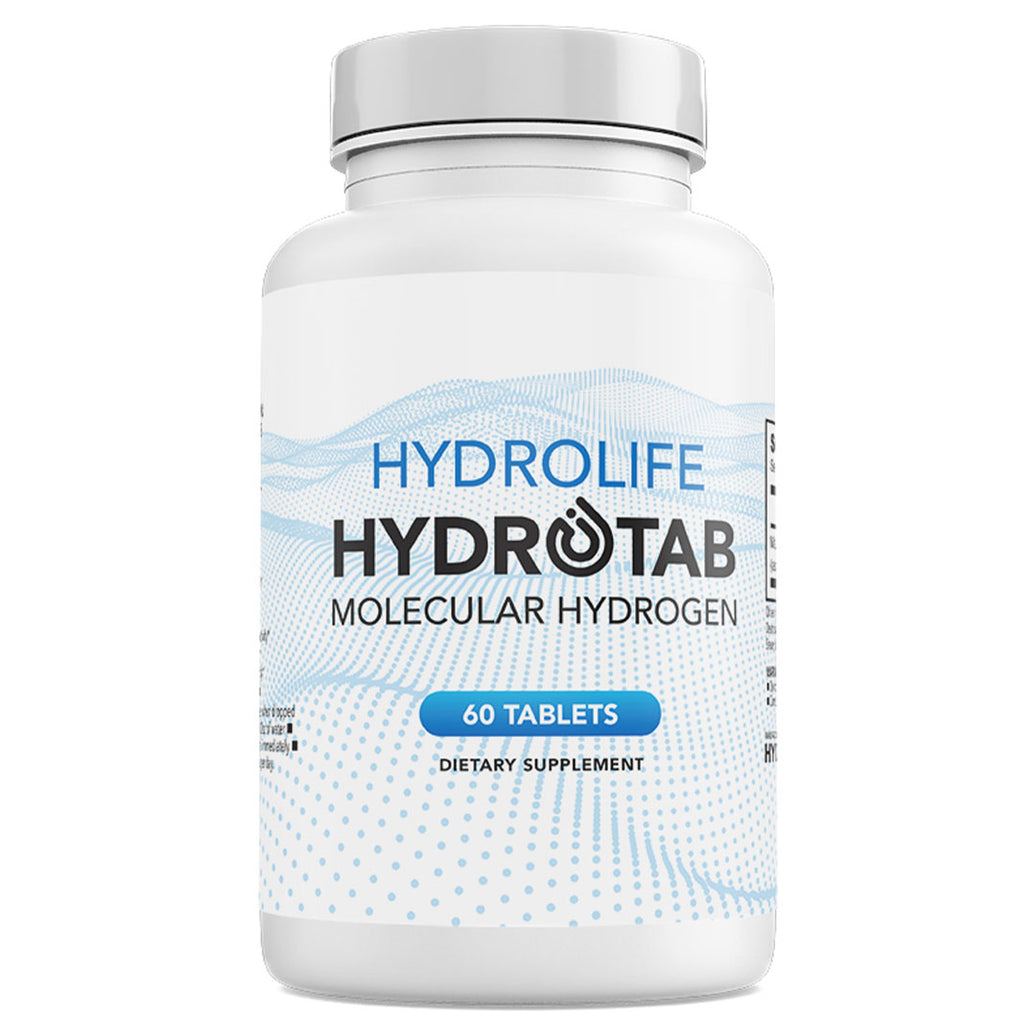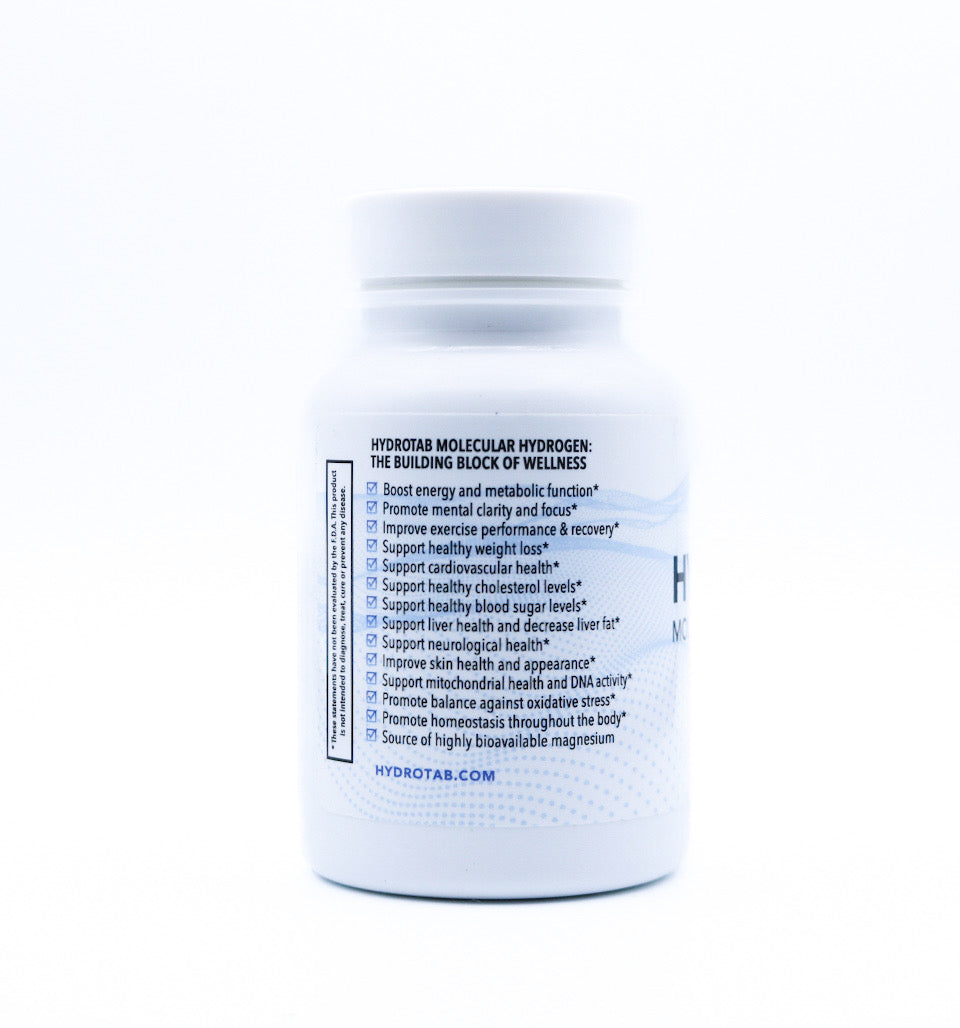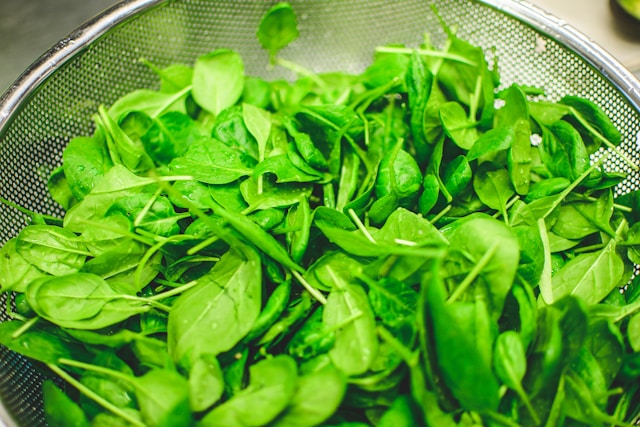Introducing Dr. William Li and His Anti-Cancer Diet
Dr. William Li is a renowned figure in the field of medicine, particularly known for his groundbreaking research on angiogenesis, the process through which new blood vessels form in the body. His work has set the stage for a revolutionary approach to cancer prevention—an anti-cancer diet. With a background that includes prestigious affiliations and publications, Dr. Li presents a diet that he believes could help in keeping cancer at bay.
For those passionate about health, understanding the nuances of nutrition, and exploring preventive measures against cancer, Dr. Li's insights offer a compelling narrative. This blog post aims to unravel the essence of this diet, exploring its components, real-world testimonials, and expert critiques. By the end, you’ll have a clearer understanding of whether this dietary approach is something worth considering in your health regimen.
The Science of Angiogenesis and Its Cancer Connection
At the heart of Dr. Li's anti-cancer diet is the science of angiogenesis. But what exactly is it? Angiogenesis is the formation of new blood vessels, a normal process crucial for growth and healing. However, when out of balance, it can lead to diseases, including cancer. Tumours, for instance, rely on new blood vessels to supply the nutrients they need to grow (1).
Dr. Li's research indicates that controlling angiogenesis through diet can potentially prevent cancer (2). By consuming foods that inhibit excessive blood vessel formation, one might reduce the risk of cancerous growth (3). This approach to health is not just about eating well; it's about strategically choosing foods that work with your body's biology to defend against illness.
Scientific studies back the idea that certain foods possess anti-angiogenic properties. For instance, green tea, known for its rich polyphenol content, has been shown to inhibit angiogenesis in laboratory settings (4). Similarly, berries and cruciferous vegetables have been cited for their potential to thwart unwanted blood vessel growth (5). Such findings lend credibility to Dr. Li's dietary recommendations.
Key Components of Dr. Li’s Recommended Diet
Dr. Li's diet is more than just a list of foods; it's a comprehensive approach to eating with cancer prevention in mind. Central to his recommendations are foods that naturally impede angiogenesis. These include a variety of fruits, vegetables, spices, and even some beverages.
Leafy greens like kale and spinach, loaded with vitamins and minerals, are staples. They are known not only for supporting overall health but also for their potential to prevent cancer (6). Fruits such as blueberries and strawberries, packed with antioxidants, are another key component, offering both delicious flavour and health benefits.
Additionally, Dr. Li emphasises the inclusion of certain spices like turmeric, which contains curcumin, a compound shown to have significant anti-cancer properties (7). Olive oil and nuts, rich in healthy fats, also feature prominently in his diet plan, supporting the notion that healthy eating involves balance and variety.
Success Stories from Cancer Survivors
Real-life experiences often provide the most compelling evidence of a concept's validity. Many cancer survivors have shared their testimonials about following Dr. Li's anti-cancer diet. Their stories not only inspire but also shed light on the practical application of this dietary approach.
Take, for example, the account of Sarah, a breast cancer survivor from Manchester. After integrating Dr. Li’s dietary principles into her life post-treatment, she reports feeling more energised and healthier than before her diagnosis. For Sarah, these dietary changes were not just about cancer prevention; they were about reclaiming her vitality.
Similarly, James, a prostate cancer survivor, credits the diet for helping him maintain remission. He highlights the ease of incorporating these foods into everyday meals and the community support he found among others following the same path. Such stories underscore the potential impact of food choices on health outcomes.
Expert Opinions and Critiques
While Dr. Li's diet has garnered praise, it has also faced scrutiny. Nutritional therapists and medical experts often weigh in on its strengths and areas for improvement. Most agree that the focus on whole, plant-based foods aligns well with current dietary guidelines for cancer prevention.
However, some experts caution against viewing any single dietary approach as a cure-all. Dr. Jane Roberts, a leading nutritionist, points out that while the diet is beneficial, it should be part of a holistic approach to health that includes regular exercise and mental well-being. She warns against oversimplifying cancer prevention to diet alone.
Despite critiques, the diet is generally seen as a positive step toward better health. The emphasis on fresh, unprocessed foods is universally supported, though experts encourage individuals to consult healthcare providers before making significant dietary changes.
Incorporating Anti-Cancer Foods into Daily Meals

Transitioning to an anti-cancer diet may seem daunting, but with a few practical tips, it becomes manageable. Start by gradually introducing more fruits and vegetables into your meals. For breakfast, consider a smoothie packed with berries and spinach, a delicious start that aligns with Dr. Li's recommendations.
Lunch can be a hearty salad filled with leafy greens, nuts, and a sprinkle of turmeric-infused dressing. This combination not only satisfies but also adheres to the principles of anti-cancer nutrition. For dinner, opt for grilled fish or tofu with a side of steamed broccoli and quinoa, ensuring your meals are both diverse and nutritious.
Snacks should not be forgotten. Keep a supply of almonds or walnuts on hand for a quick, healthy option. By making these small changes, you can steadily transition your diet to align more closely with Dr. Li's recommendations, paving the way for long-term health benefits.
The Practical Challenges of Adopting the Diet
While the benefits of an anti-cancer diet are appealing, there are challenges to its adoption. Accessibility to fresh produce, the time required for meal preparation, and the cost of quality ingredients can be barriers for some.
For those living in urban areas, sourcing fresh and organic produce might be simpler. However, individuals in rural settings or food deserts may find it harder to access the recommended foods. Additionally, busy lifestyles can make meal prep feel overwhelming, especially for those not accustomed to cooking daily.
To overcome these hurdles, planning is key. Meal prepping on weekends, buying in bulk, and seeking local farmers' markets can alleviate some of the burdens while keeping costs in check. Additionally, online resources and communities can offer support and recipes, making the transition smoother.
Wrapping Up and Next Steps
Dr. William Li's anti-cancer diet provides a thought-provoking approach to nutrition and health. By focusing on the natural power of foods to influence bodily processes like angiogenesis, it offers a proactive strategy for cancer prevention.
For health enthusiasts, cancer survivors, and those keen on nutritional exploration, this diet presents a viable pathway to improved well-being. Yet, it's vital to remain informed and consider a balanced approach that incorporates exercise and mental health.
If you're inspired to explore this dietary path, take the next step by experimenting with some of Dr. Li's recommended foods. Share your thoughts and experiences with others, fostering a supportive community committed to health and wellness. Remember, while diet is a powerful tool, it is one component of a holistic lifestyle approach.
Written by Amy Morris, BSc (Hons) Nutritional Therapy. Amy has been a nutritional therapist for 12 years, specialising in recent years as a functional medicine nutritional therapist. Women’s health, and pre-diabetes and type 2 diabetes prevention are Amy’s specialist areas. Diagnosed with a chronic condition called endometriosis at age 20, this is what motivated Amy to study nutrition. Amy has been in remission for 6 years now, attributing powerful nutrition, lifestyle and bio-identical hormone strategies she now shares with her clients.
Water for Health Ltd began trading in 2007 with the goal of positively affecting the lives of many. We still retain that mission because we believe that proper hydration and nutrition can make a massive difference to people’s health and quality of life. Click here to find out more.
References:
- “Angiogenesis: How We Can Starve Cancer with Food.” Dr William Li, 1 Feb. 2019, drwilliamli.com/how-we-can-starve-cancer-with-food/.
- Cleveland Clinic. “What Is Angiogenesis?” Cleveland Clinic, 21 Sept. 2022, my.clevelandclinic.org/health/articles/24206-angiogenesis.
- Connolly, Emma L., et al. “Glucosinolates from Cruciferous Vegetables and Their Potential Role in Chronic Disease: Investigating the Preclinical and Clinical Evidence.” Frontiers in Pharmacology, vol. 12, 26 Oct. 2021, https://doi.org/10.3389/fphar.2021.767975.
- Khan, Naghma, and Hasan Mukhtar. “Tea Polyphenols for Health Promotion.” Life Sciences, vol. 81, no. 7, July 2007, pp. 519–533, www.ncbi.nlm.nih.gov/pmc/articles/PMC3220617/, https://doi.org/10.1016/j.lfs.2007.06.011.
- Li, William W., et al. “Tumor Angiogenesis as a Target for Dietary Cancer Prevention.” Journal of Oncology, vol. 2012, 29 Sept. 2011, p. e879623, www.hindawi.com/journals/jo/2012/879623/, https://doi.org/10.1155/2012/879623.
- Sarma, Upasana, and Bhavya TR. “Dietary Phytonutrients in Common Green Leafy Vegetables and the Significant Role of Processing Techniques on Spinach: A Review.” Food Production, Processing and Nutrition, vol. 6, no. 1, 2 Apr. 2024, https://doi.org/10.1186/s43014-023-00192-7.
- Wilken, Reason, et al. “Curcumin: A Review of Anti-Cancer Properties and Therapeutic Activity in Head and Neck Squamous Cell Carcinoma.” Molecular Cancer, vol. 10, no. 1, 2011, p. 12, www.ncbi.nlm.nih.gov/pmc/articles/PMC3055228/, https://doi.org/10.1186/1476-4598-10-12.
